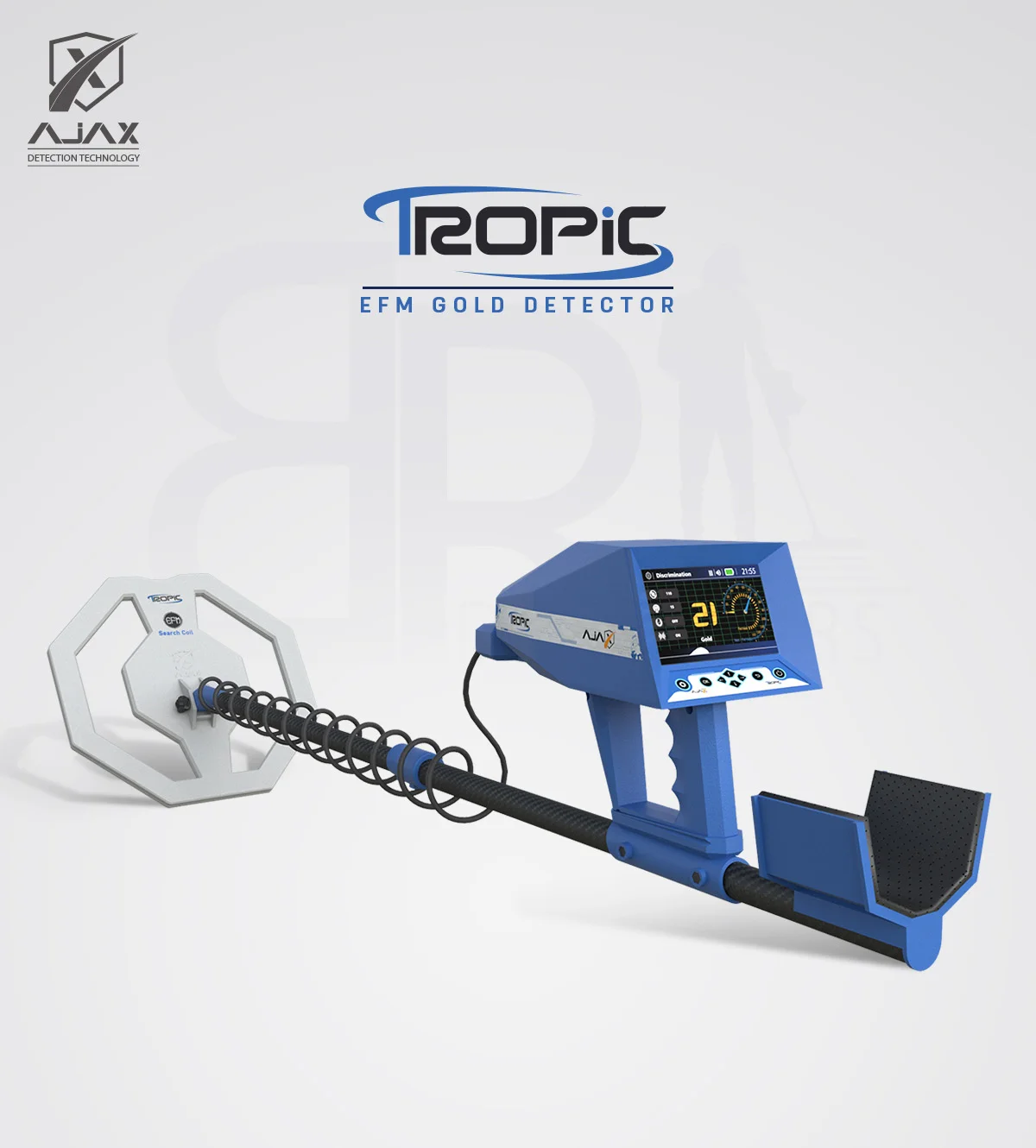A Beginner’s Guide to Crypto PHP Integration
Cryptocurrencies are no longer a niche topic—they are increasingly used in online payments, investments, and digital services. For developers, integrating crypto into web applications is becoming essential. PHP, being a widely-used server-side scripting language, makes it practical to implement crypto payment systems. In this guide, we will explore crypto PHP integration in detail, helping beginners understand the concepts, tools, and best practices.
Understanding Crypto PHP Integration
What is Crypto PHP?
Crypto PHP refers to the use of PHP programming to interact with cryptocurrency networks, APIs, and wallets. It allows developers to process crypto payments, verify transactions, and manage digital assets within web applications. By integrating crypto PHP, websites can accept payments in Bitcoin, Ethereum, and other popular cryptocurrencies.
Why Integrate Crypto with PHP?
PHP powers a large portion of websites globally, making it ideal for backend development. Adding cryptocurrency support enhances security, provides fast transactions, and attracts users who prefer decentralized payment options. PHP frameworks like Laravel or Symfony simplify integration by offering libraries and packages compatible with blockchain networks.
Setting Up Your PHP Environment for Crypto
Installing PHP and Required Extensions
Before starting, ensure you have PHP 7.4 or higher installed. You may also need extensions like cURL, OpenSSL, and JSON for API interactions. These extensions are crucial for securely connecting with crypto services and processing transactions efficiently.
Choosing the Right Cryptocurrency API
Integrating crypto PHP usually involves APIs from payment processors or blockchain platforms. Popular choices include Coinbase Commerce, BitPay, and Binance API. Each platform offers comprehensive documentation and SDKs that simplify PHP integration.
Creating a Secure Wallet
A secure wallet is fundamental. You can either use third-party wallets or run your own node for complete control. Make sure to use strong encryption methods to store private keys and never expose them in your source code.
Implementing Crypto PHP in Your Application
API Authentication
Most crypto APIs require authentication via API keys or OAuth tokens. Store these credentials securely in environment variables rather than hardcoding them. PHP’s dotenv library can help manage these configurations.
Creating Payment Requests
Once authenticated, you can create payment requests. A typical flow involves generating a unique invoice with a QR code or crypto address. Users scan the code or send funds to the provided address. PHP can handle generating these requests and monitoring their status.
Verifying Transactions
Transaction verification is essential to ensure funds are received. Crypto APIs usually provide endpoints to check payment status in real-time. PHP scripts can poll these endpoints or use webhooks to automate confirmation and update the user interface.
Handling Errors and Security
Implement error handling to manage failed payments, invalid transactions, and API downtime. Use HTTPS, input validation, and proper logging to maintain security. Never expose private keys, and restrict API access to trusted servers only.
Best Practices for Crypto PHP Integration
Maintain Security First
Cryptocurrency transactions are irreversible. Always prioritize secure key management, encrypted storage, and secure API communication. Regularly audit your PHP code for vulnerabilities.
Optimize for Performance
Monitoring blockchain transactions can be resource-intensive. Optimize your PHP scripts by caching API responses and using asynchronous calls to improve performance.
Keep User Experience Simple
Design payment workflows that are intuitive. Provide clear instructions, confirmation messages, and error feedback. A seamless experience increases trust and adoption.
Stay Updated with Regulations
Cryptocurrency regulations vary across countries. Ensure your application complies with local financial laws, anti-money laundering (AML) requirements, and taxation rules.
Integrating Crypto PHP with Popular Frameworks
Laravel Integration
Laravel offers packages like coinbase/coinbase-commerce to simplify crypto payment processing. You can use Artisan commands to generate controllers and routes, making integration straightforward.
Symfony Integration
Symfony developers can leverage bundles like BitPayBundle to connect with blockchain networks. Its service-oriented architecture allows modular and reusable code.
Custom PHP Integration
For custom applications without frameworks, you can use plain PHP with cURL or Guzzle to interact with crypto APIs. This approach provides flexibility but requires more manual setup and error handling.
Advanced Features You Can Implement
Multi-Currency Support
Accept multiple cryptocurrencies by dynamically generating payment requests based on user selection. PHP can calculate exchange rates using API endpoints and display the equivalent amount in the selected crypto.
Real-Time Notifications
Webhooks allow your PHP application to receive instant updates when a transaction is completed. This helps automate order fulfillment, subscription activation, or access control.
Reporting and Analytics
PHP can aggregate transaction data to generate reports, track revenue, and analyze user behavior. Using databases like MySQL or PostgreSQL makes storing and querying this information easier.
Common Challenges in Crypto PHP Integration
Network Congestion
Blockchain networks can experience high traffic, leading to delayed confirmations. Implementing retry mechanisms and user notifications mitigates frustration.
API Rate Limits
Crypto APIs often limit the number of requests per minute. Optimize your PHP code to stay within these limits and use caching when possible.
Security Threats
Crypto integration can attract hackers. Prevent attacks by validating inputs, using HTTPS, limiting server access, and monitoring unusual activities.
Start Your Crypto PHP Journey Today
Integrating crypto with PHP opens new opportunities for developers and businesses. From secure wallets to real-time payment verification, PHP provides the tools needed for smooth integration. Start small, test thoroughly, and gradually expand features. Embrace the power of cryptocurrency to modernize your application and offer innovative payment solutions.
Ready to implement crypto PHP in your project? Begin by setting up a secure wallet, select a reliable API, and start coding. Your users will appreciate the convenience, speed, and modern payment options.
Frequently Asked Questions
How secure is crypto PHP integration?
Crypto PHP is secure if you follow best practices: use HTTPS, validate requests, and store keys safely.
Can I accept multiple cryptocurrencies with PHP?
Yes, many APIs and PHP libraries support multiple coins including Bitcoin, Ethereum, and stablecoins.
Do I need a blockchain node to accept crypto payments?
No, most APIs like CoinGate or Coinbase Commerce manage blockchain interactions. You don’t need your own node.
How do I handle payment failures or reversals?
Track payment confirmations and implement retry logic. Provide customer support for failed transactions.
Are there transaction fees for PHP crypto integration?
Yes, but fees vary by provider and cryptocurrency. Typically, network fees are unavoidable, but provider fees are optional.




